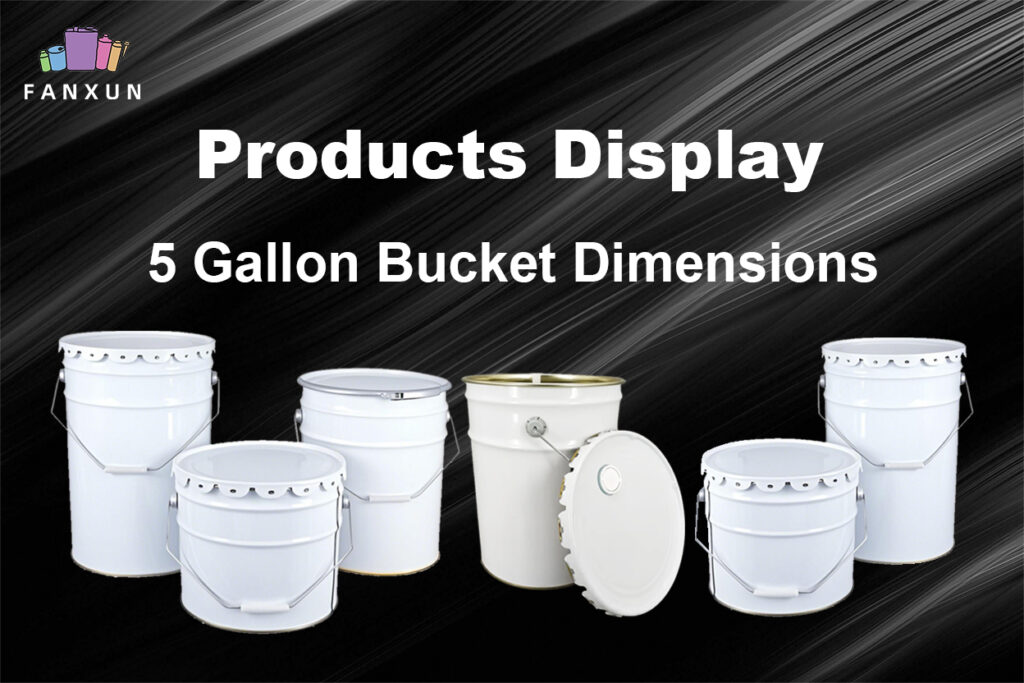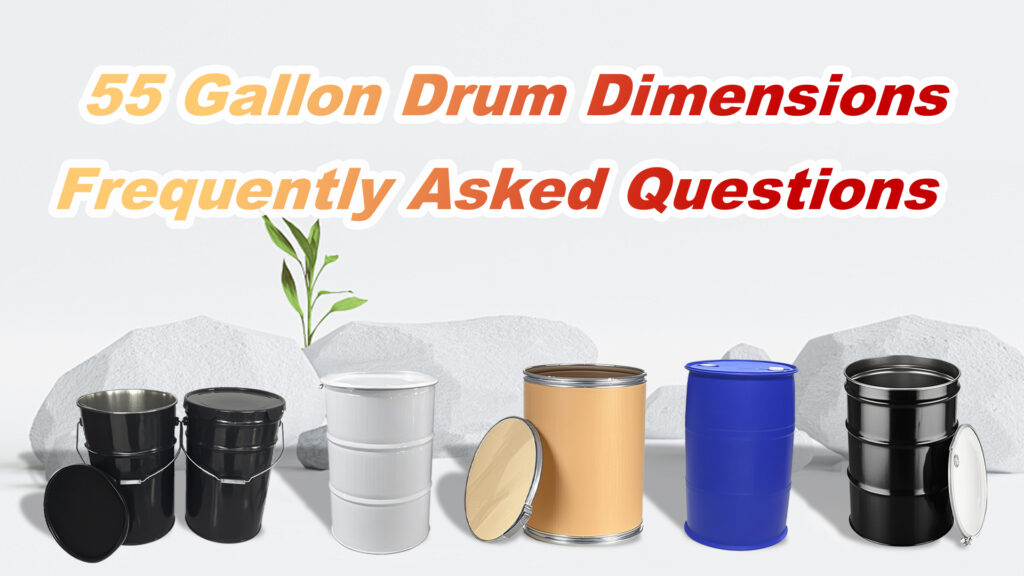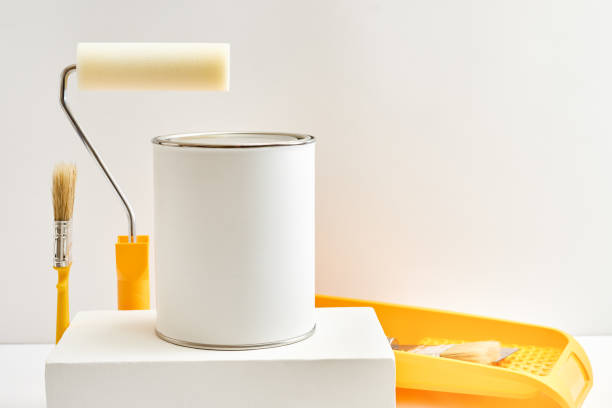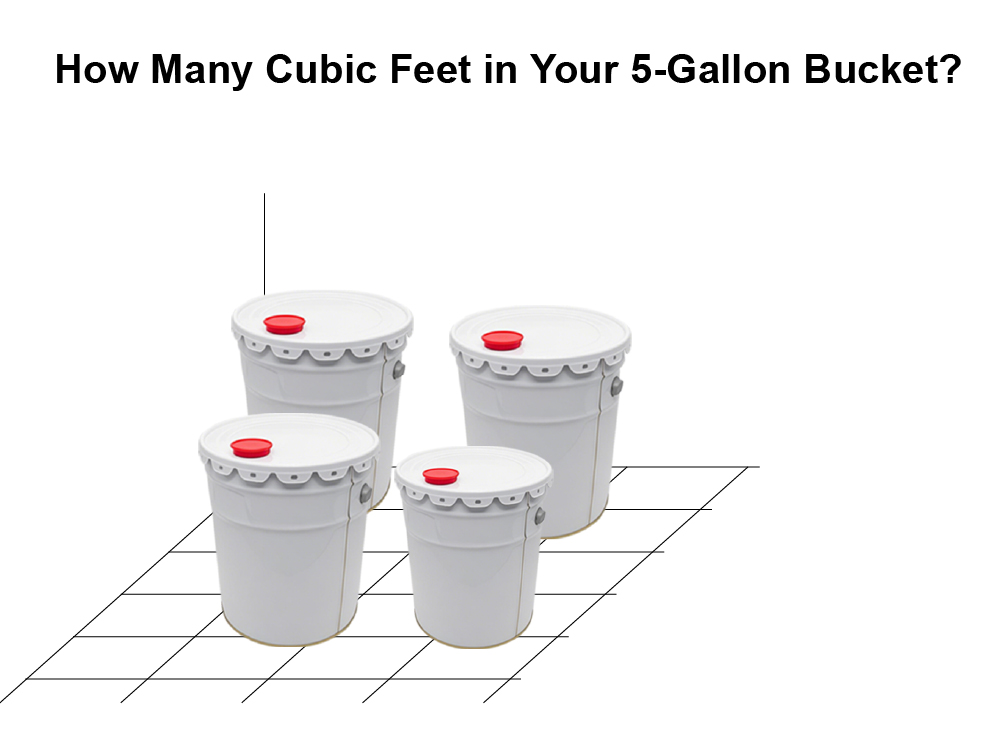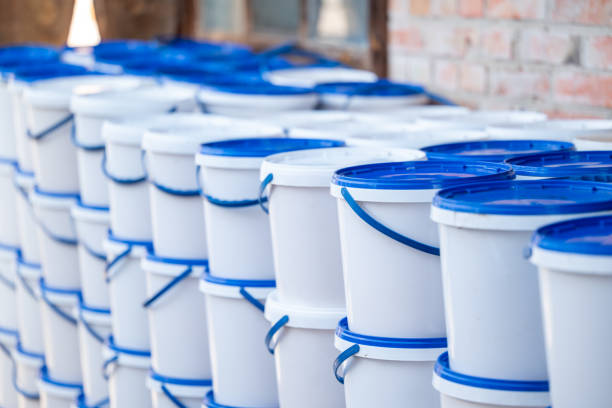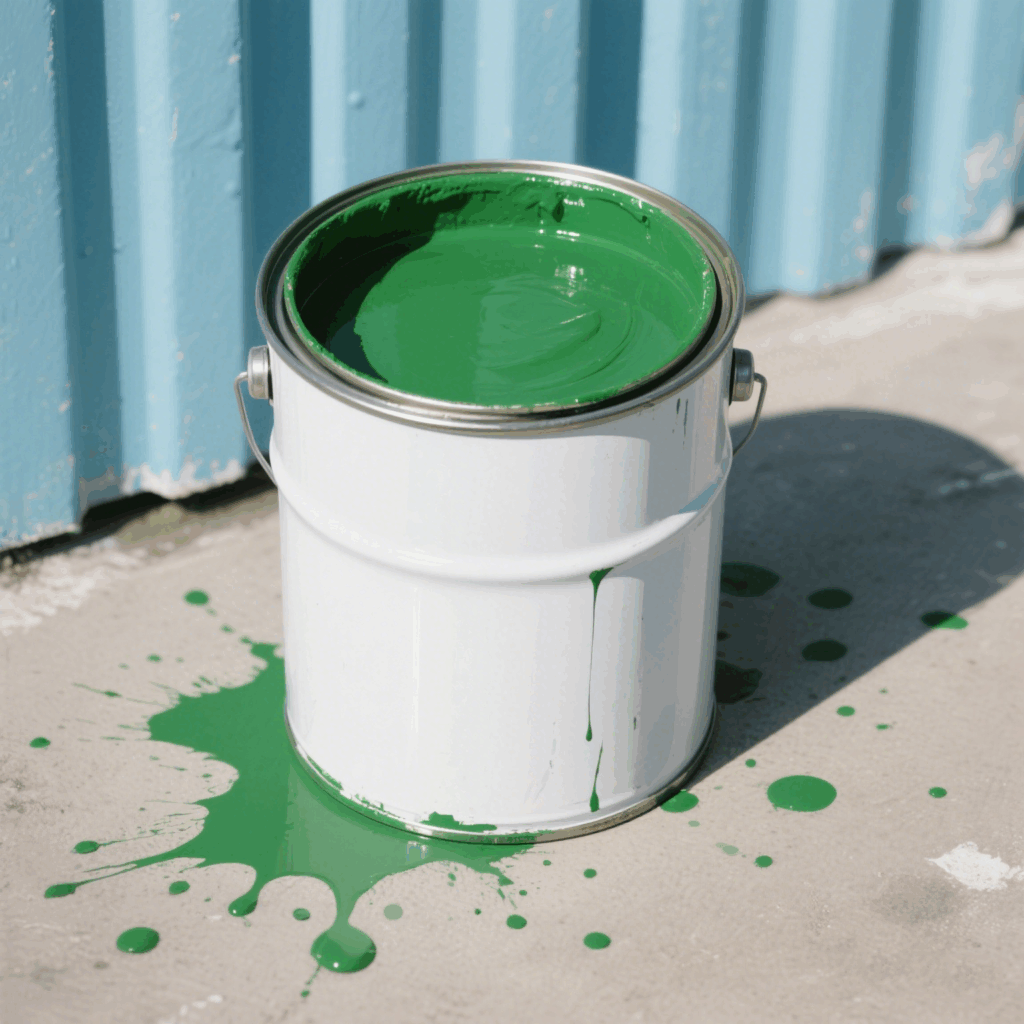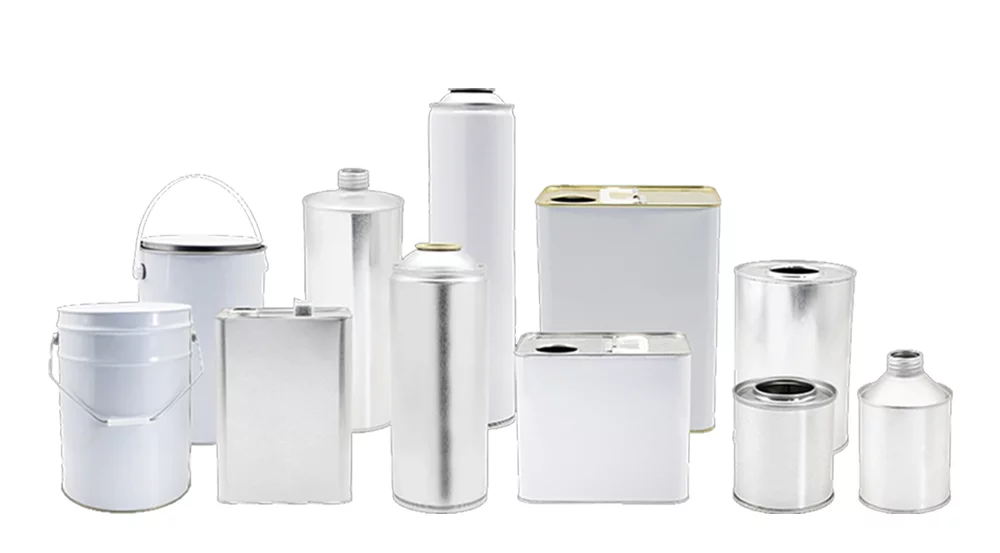If you’re checking under the hood and notice your brake fluid level is low, your first thought might be: “Did it evaporate?” That’s a fair question, especially if you haven’t seen any leaks. As a car owner, understanding how brake fluid behaves—especially whether or not it evaporates—is essential for both your safety and your vehicle’s longevity.
In this article, we’ll break down the truth about brake fluid evaporation, how it interacts with heat and moisture, why your fluid level may drop, and what you can do to prevent problems. We’ll also include a handy FAQ at the end to make sure every concern is addressed.
Can Brake Fluid Evaporate?
Technically, yes—but not in the way most people think.
Brake fluid doesn’t “evaporate” like water or gasoline does. It is a hygroscopic chemical, meaning it absorbs moisture from the air rather than releasing it. This property is one of the reasons it’s so crucial to keep the brake fluid reservoir sealed tightly.
At high temperatures (like during intense braking or in performance vehicles), brake fluid can reach its boiling point, especially if it’s contaminated with water. When this happens, it can vaporize—but that’s not normal evaporation. It’s boiling, and it can cause something called vapor lock, which is dangerous because it interferes with your braking system.
So while brake fluid won’t evaporate under regular conditions, it can vaporize at high temperatures or degrade over time due to moisture absorption.
Why Does My Brake Fluid Level Drop?
If you’ve noticed the level going down, it’s usually due to one of these causes:
| Cause | Explanation |
|---|---|
| Brake pad wear | As the pads wear down, more fluid is needed to push the calipers. |
| Leaks in the system | A slow or hidden leak in brake lines, calipers, or master cylinder. |
| Absorption of moisture | While it doesn’t evaporate, brake fluid can absorb water and become less dense. |
| Boiling during hard driving | Under stress, fluid may vaporize and degrade, giving the illusion of loss. |
How Heat Affects Brake Fluid
Brake fluid is designed to work under extreme temperatures. But over time, especially in mountainous regions or city traffic, frequent braking causes heat buildup. Here’s what happens:
-
New fluid has a high boiling point – DOT 3, for example, starts around 205°C (401°F).
-
Contaminated fluid has a lower boiling point – Water-laden brake fluid can boil at just 140°C (284°F).
-
Boiling fluid creates gas bubbles – This causes a spongy brake pedal and can lead to brake failure.
So again, it’s not evaporating like steam—it’s boiling due to heat and moisture.
The Problem With Moisture Absorption
Brake fluid is hygroscopic—meaning it pulls water from the air, even through microscopic openings in your brake system. Over time, this results in:
-
Corrosion of metal brake components
-
Lowered boiling point
-
Darkened, dirty brake fluid
That’s why most manufacturers recommend flushing your brake fluid every 2–3 years or 30,000–45,000 miles.
How to Prevent Brake Fluid Issues
Here are a few simple things you can do:
-
Always close the reservoir tightly after checking or adding fluid.
-
Check the fluid color and level regularly. Clean fluid is light amber or clear.
-
Avoid opening the cap unnecessarily—it lets moisture in.
-
Flush the system on schedule even if levels look fine.
-
Use the right type (DOT 3, 4, 5, etc.) for your vehicle. They are not always interchangeable.
Common Brake Fluid Types & Boiling Points
| Type | Dry Boiling Point | Wet Boiling Point | Hygroscopic? | Use Case |
|---|---|---|---|---|
| DOT 3 | ~205°C / 401°F | ~140°C / 284°F | Yes | Daily driving |
| DOT 4 | ~230°C / 446°F | ~155°C / 311°F | Yes | Performance or modern cars |
| DOT 5 | ~260°C / 500°F | ~180°C / 356°F | No (silicone) | Vintage/show cars (non-ABS) |
| DOT 5.1 | ~270°C / 518°F | ~190°C / 374°F | Yes | High-performance & ABS cars |
FAQs About Brake Fluid Evaporation
Q: Can brake fluid evaporate on its own in a closed system?
A: No, not under normal temperatures. If the cap is on and the system is sealed, evaporation isn’t a concern.
Q: My brake fluid is low but I see no leaks—did it evaporate?
A: Likely not. It’s more common that it’s been absorbed into the pads, or there’s a small leak you can’t easily see.
Q: Does brake fluid go bad over time?
A: Yes. It absorbs moisture, which degrades its performance. Replace it every 2–3 years.
Q: Should I top off or flush the fluid if it’s low?
A: If the fluid is clean and the level dropped slightly due to pad wear, topping off is okay. If it’s dark or it hasn’t been changed in years, flush it.
Q: Can old brake fluid cause soft brakes?
A: Yes. Contaminated or boiled brake fluid causes air bubbles and reduced hydraulic efficiency.
Final Thoughts
Brake fluid doesn’t evaporate like water, but it can vaporize under extreme heat and degrade due to moisture absorption. This makes regular checks and scheduled flushing critical. Don’t ignore a dropping fluid level—investigating the root cause could save you from a dangerous braking failure down the road.
Stay safe, stay informed—and always keep an eye on your brake fluid.















